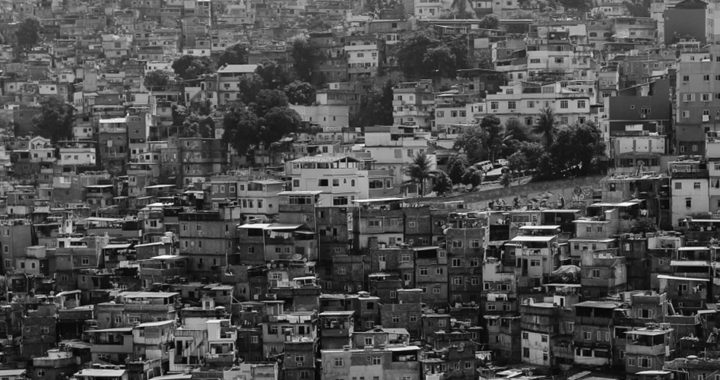There are two schools of thought that theorize the causes of poverty. These are the individualistic theories and structural theories. Each school maintains a general argument for explaining the existence and pervasiveness of poverty.
The Two Schools of Thought About the Causes of Poverty: Individualistic Theories vs. Structural Theories of Poverty
Individualistic Theories
The individualistic theories of poverty include all theories that generally attribute the phenomenon to the shortcomings of an individual or in other words, their inherent or acquired deficiencies. In other words, under this school of thought, an individual is poor because he or she lacks the capabilities needed to achieve a higher socioeconomic status.
More specialized theories under this school of thought include the biogenic theory, which claims that the intelligence of a person predicts his or her financial attainment, and cultural theory, which blames poverty due to lack of motivation that emerges from negative cultural values.
Another individualistic theory is the human capital theory. It explains that there is a relationship between the decision of an individual to invest in education or training and the pattern of his or her lifetime earnings.
Structural Theories
On the other hand, the structural theories of poverty collectively correspond to a school of thought that presents the concept of structural poverty. To be more specific, the structural theories collectively assert that there are factors at the macro level that make an individual and communities susceptible to poverty.
Specific theories under this school of thought include the general structural theories, which claim that vulnerable demographic environments and troubled labor market circumstances make individuals or communities vulnerable to becoming poor. Restricted opportunity theory holds that opportunities or the lack of access to such opportunities is the cause of poverty.
The Marxian theory of poverty echoes the criticism toward capitalism. To be more precise, this theory claims that poor individuals and communities are the natural byproducts of a capitalistic system. The Marxian perspective argues that capitalism necessitates the creation and maintenance of inequality.
FURTHER READINGS AND REFERENCES
- Brady, D. 2009. “Structural Theory and Poverty.” Rich Democracies, Poor People: How Politics Explain Poverty. Oxford: Oxford University Press. ISBN: 978-0-19-538587-8
- Pineda, M. E. 2024. “Theories of Poverty.” Profolus. Available online
- Spencer, H. 1851. Social Statics: Or The Conditions Essential to Human Happiness, and the First of them Developed. London: John Chapman





